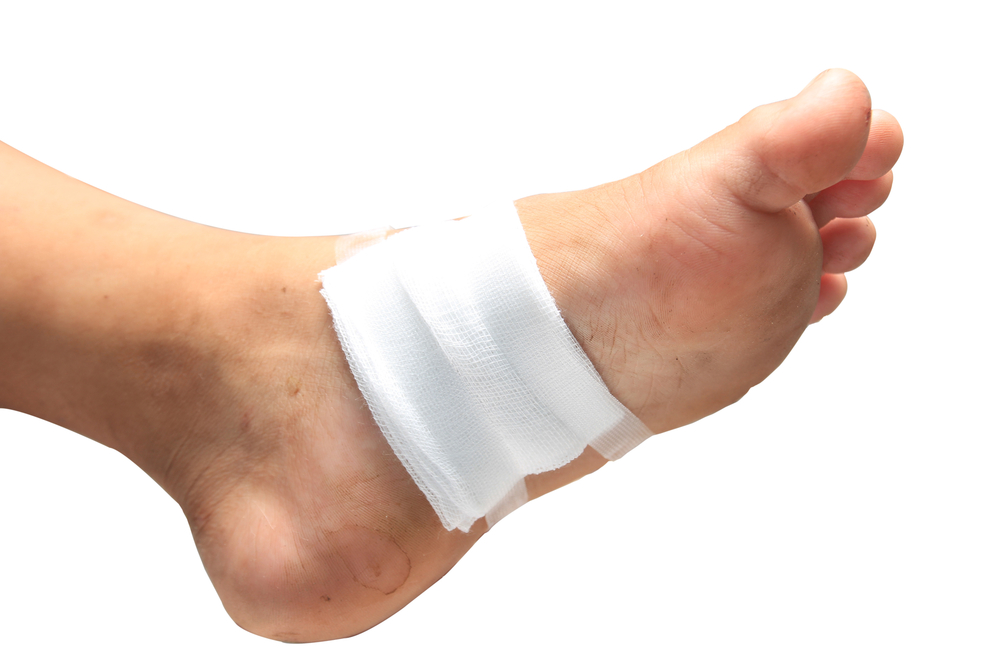 Research has indicated that approximately twenty-five percent of diabetic patients may develop a foot ulcer. This wound can easily become infected, and may be prevented if proper care is administered. This may include removing the infected tissue from the wound which may be helpful in initiating proper healing. If an infection develops, it is necessary to start treatment which may include specific antibiotics. To keep the infection from getting worse, it is important to cover the wound with dressings that are used to treat diabetic wounds. This may allow for proper drainage, and may also provide an adequate moisture environment for the wound. It may be beneficial for many patients to stay off the foot during the healing process. If you are afflicted with a foot ulcer, it is strongly recommended to seek the counsel of a podiatrist who can properly treat this condition.
Research has indicated that approximately twenty-five percent of diabetic patients may develop a foot ulcer. This wound can easily become infected, and may be prevented if proper care is administered. This may include removing the infected tissue from the wound which may be helpful in initiating proper healing. If an infection develops, it is necessary to start treatment which may include specific antibiotics. To keep the infection from getting worse, it is important to cover the wound with dressings that are used to treat diabetic wounds. This may allow for proper drainage, and may also provide an adequate moisture environment for the wound. It may be beneficial for many patients to stay off the foot during the healing process. If you are afflicted with a foot ulcer, it is strongly recommended to seek the counsel of a podiatrist who can properly treat this condition.
Wound care is an important part in dealing with diabetes. If you have diabetes and a foot wound or would like more information about wound care for diabetics, consult with one of our podiatrists from Summit Podiatry. Our doctors will assess your condition and provide you with quality foot and ankle treatment.
What Is Wound Care?
Wound care is the practice of taking proper care of a wound. This can range from the smallest to the largest of wounds. While everyone can benefit from proper wound care, it is much more important for diabetics. Diabetics often suffer from poor blood circulation which causes wounds to heal much slower than they would in a non-diabetic.
What Is the Importance of Wound Care?
While it may not seem apparent with small ulcers on the foot, for diabetics, any size ulcer can become infected. Diabetics often also suffer from neuropathy, or nerve loss. This means they might not even feel when they have an ulcer on their foot. If the wound becomes severely infected, amputation may be necessary. Therefore, it is of the upmost importance to properly care for any and all foot wounds.
How to Care for Wounds
The best way to care for foot wounds is to prevent them. For diabetics, this means daily inspections of the feet for any signs of abnormalities or ulcers. It is also recommended to see a podiatrist several times a year for a foot inspection. If you do have an ulcer, run the wound under water to clear dirt from the wound; then apply antibiotic ointment to the wound and cover with a bandage. Bandages should be changed daily and keeping pressure off the wound is smart. It is advised to see a podiatrist, who can keep an eye on it.
If you have any questions, please feel free to contact one of our offices located in Wilmington, Whiteville, and Wallace, NC . We offer the newest diagnostic and treatment technologies for all your foot care needs.
